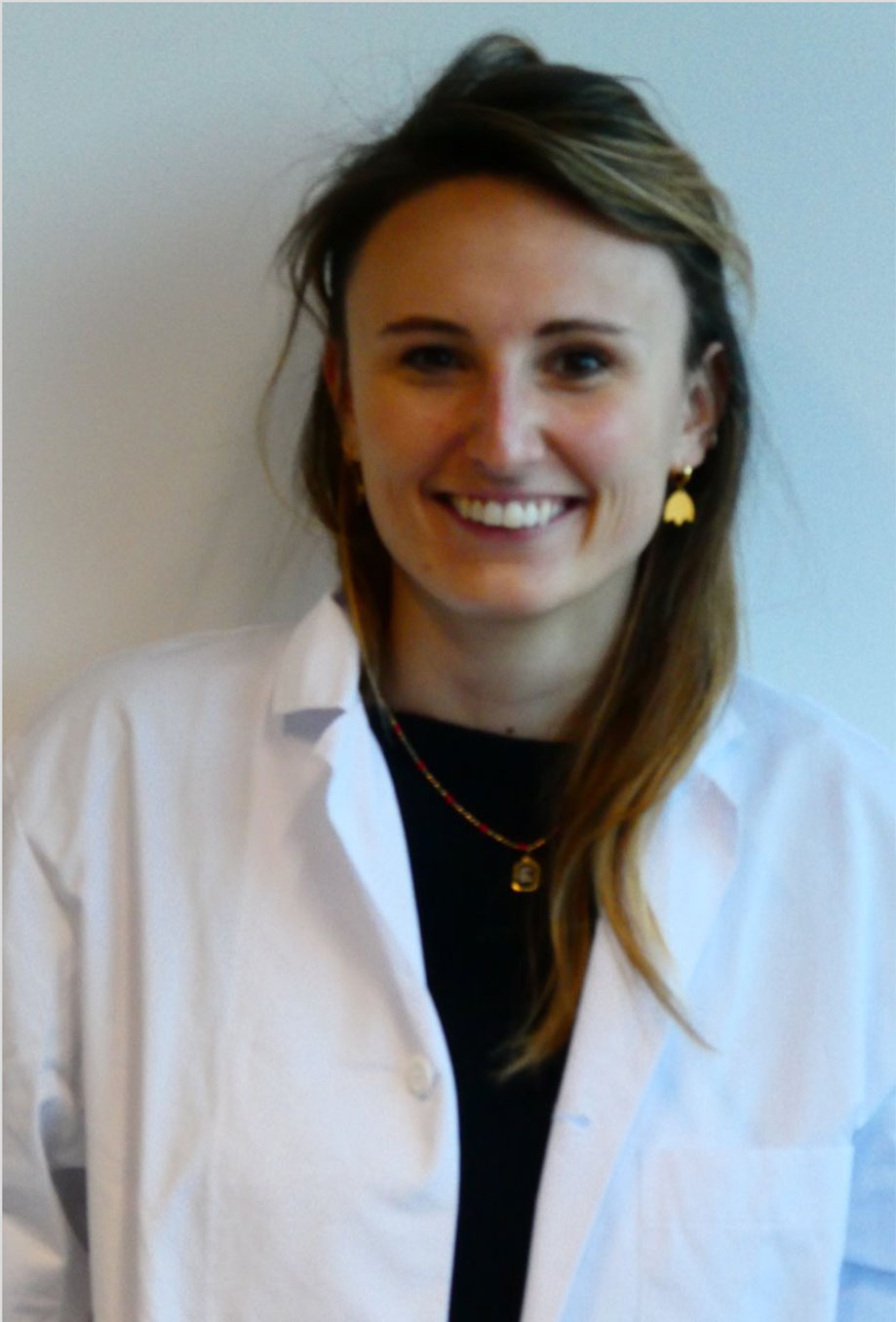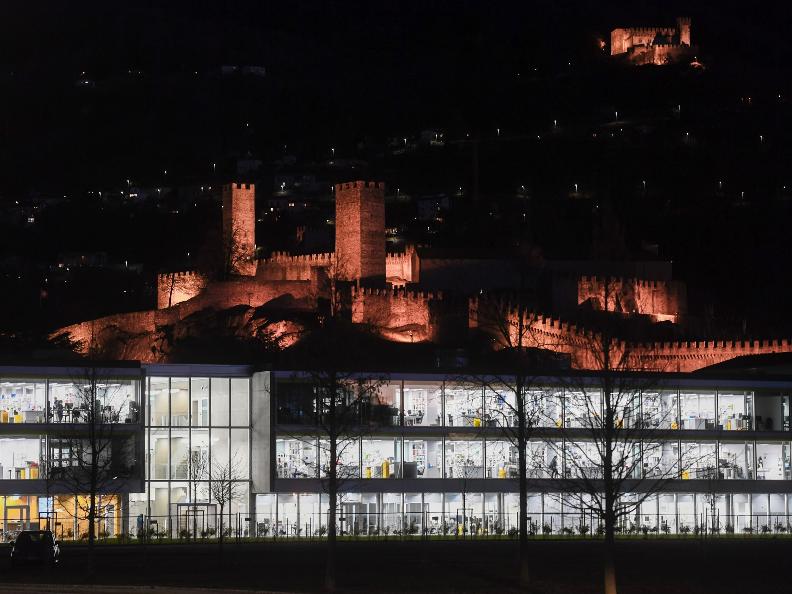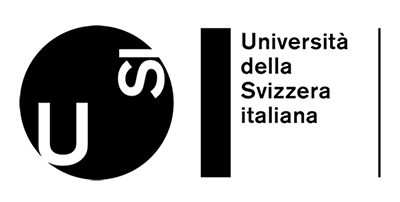The researcher Ester Piovesana

Ester Piovesana
Ester Piovesana graduated in 2015 in Medical and Pharmaceutical Biotechnology at the Vita Salute San Raffaele University in Milan. During her three-year studies, she became passionate about the brain and its mysterious functioning. The first practical experiences began in the laboratory of Prof. Giovanni Piccoli, the goal was to study how a specific mutation (LRRK2 variant G2385R) commonly associated with Parkinson’s disease influenced the trafficking of synaptic vesicles (Carrion et al, Scientific Reports, July 2017).
In 2017 she completed an international master’s degree in Neuroscience at the University of Trieste in collaboration with the University of Zurich. During the master you had the opportunity to work at the Brain Research Institute in Zurich, in the laboratory of regeneration and axonal repair of Prof. Martin Schwab. The master’s study involved the use of a cellular model to study how certain specific proteins, called Nogo proteins, inhibit axonal regeneration after a spinal cord injury (Kaiser et al, eNeuro, September 2020).
During that time Ester became fascinated with a new way in which cells communicated with each other, through small structures called extracellular vesicles (EVs). These vesicles are released from cells and are able to travel long distances carrying and relaying important messages.
In order to better study this new method of cellular communication, she decided to go to work in one of the most advanced laboratories in the sector.
In 2018 she joined Prof. Clotilde Théry’s laboratory in Paris at Institut Curie. In France, Ester learns to work with vesicles and during the Covid-19 pandemic she worked on developing a new therapeutic approach that involved using specific vesicles to try to decrease the infection conferred by Sars-2-Cov in a model cellular (Piovesana et al, Journal of Extracellular Vesicles, 2020).
In 2020, Ester decides to combine her two interests: neuroscience and extracellular vesicles, and enters as a doctoral student to be part of the laboratory of Prof. Paolo Paganetti, at the Bios of Bellinzona. Currently, she is trying to understand how some pathological forms of Tau aggregate and spread in the brain using a cell model that attempts to mimic Alzheimer’s disease (Pedrioli et al, DNA and Cell Biology, 2021).

The Laboratory
Translational Research of the Ente Ospedaliero Cantonale
The laboratory for Aging Disorders
Our research team is part of the Laboratories for Translational Research of the Ente Ospedaliero Cantonale based in Bellinzona (Ticino – Switzerland).
We study the biology of proteins in cultured cells with the aim to describe the molecular mechanisms causing two devastating human disorders linked to ageing: neurodegeneration and cancer.
The study of how certain proteins become modified during ageing defines also new markers of diseases that allow for a more precise diagnosis and for quantifying disease progression.
The laboratory is currently hosting one senior scientist, one post-doc, two doctoral candidates and two master thesis candidates.
The principal investigator is a bench scientist for 36 years working in Zurich, Stanford, Bern, Basel, Lausanne, Lugano and Bellinzona.
He collaborates with peers in Europe, Asia and America.








